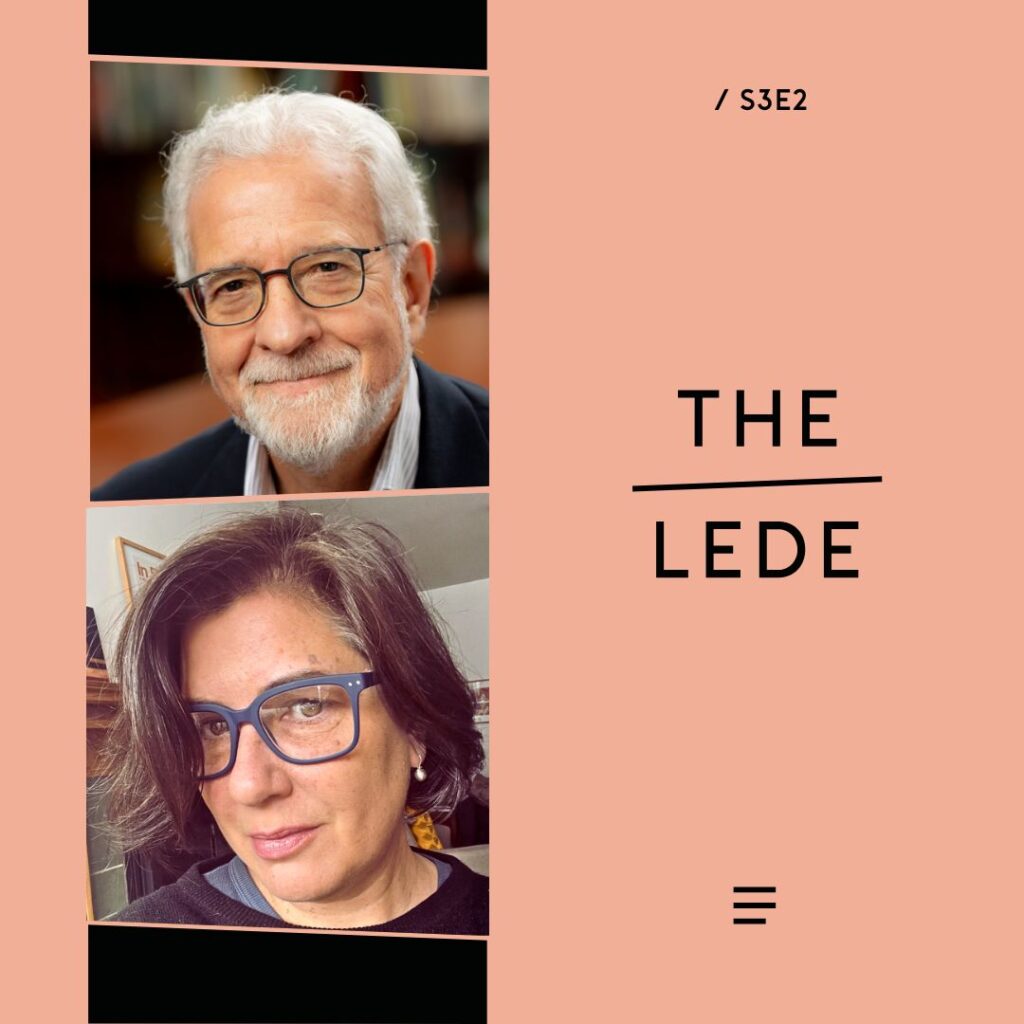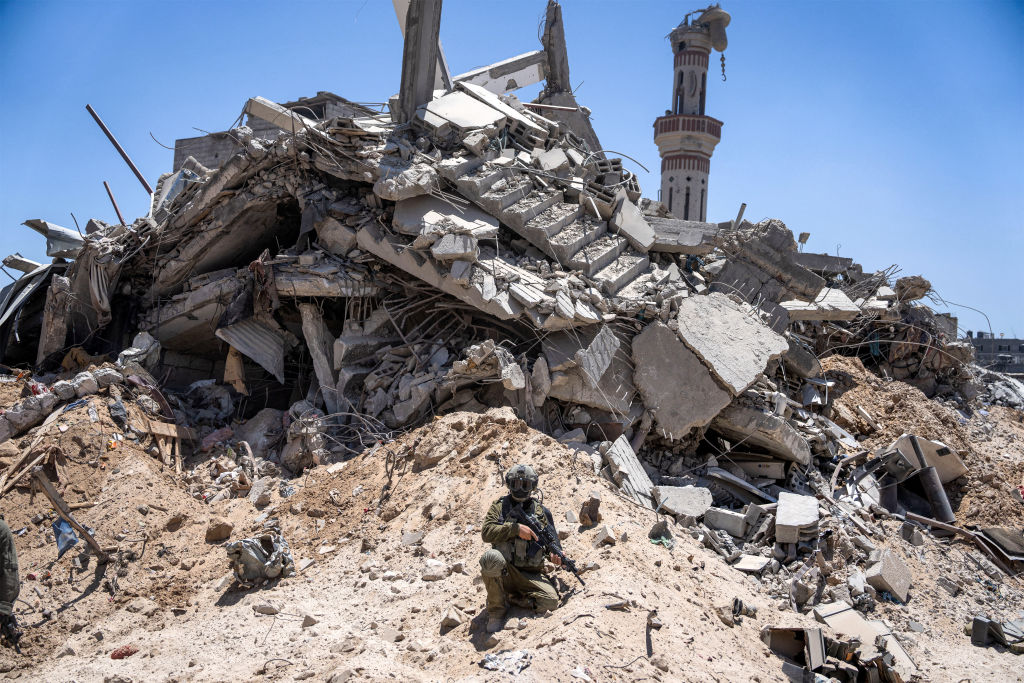Hosted by Lisa Goldman
Featuring Omer Bartov
Produced by Finbar Anderson
Listen to and follow The Lede
Apple Podcasts | Spotify | Podbean
Omer Bartov has studied the history of genocide for decades. For many months after the brutal war in Gaza started, he disagreed with assessments that what was taking place met the definition of genocide. But by the time he made a trip to Israel over the summer, that had changed.
Bartov, who was born and raised in Israel, says that on his trip he met a group of student reservists who he was concerned were “scarred by the kind of brutalities that they themselves are carrying out,” he tells New Lines’ Lisa Goldman. Israelis more generally, Bartov says, “don’t really want to know the details of what is actually going on [in Gaza]. And that, of course, has all kinds of echoes to the past and very dark potentialities for the future.”
“That kind of mentality, which is seeing yourself as a victim, knowing or believing that you would be eternally victimized unless you kill those who would victimize you — that is a recipe for utter destruction.”

Following his own career as a soldier in the Israeli army, Bartov studied the conduct of Nazi troops in the Soviet Union during World War II. “Because the war was so hard, and they had so many losses right at the beginning, that further brutalized them. So they were deeply involved in the destruction of the entire western part of the Soviet Union, from which, by the way, Russia never recovered,” Bartov says.
On the back of this research, Bartov remembers writing to Yitzhak Rabin, then Israel’s minister of defense, after the outbreak of the First Intifada. “I wrote him to say that I just came back from studying the brutalities of the Wehrmacht and that under his leadership, he was leading the IDF on the same kind of slippery road,” he recalls.
Bartov believes that the subsequent decades of violent occupation of Palestinian territories has led to the swing towards the far right in the Israel’s politics. “Just before the war of 1973 we said then, ‘Occupation corrupts,’” says Bartov. “Although the bulk of the Israeli population is completely isolated from what is happening … there are generations and generations of young Israeli men and women who go there, and they go there to police that population, and they police that population basically as a criminal population.”
Bartov worries that Israeli society may be locked into a cycle of violence from which it cannot recover. “That kind of mentality, which is seeing yourself as a victim, knowing or believing that you would be eternally victimized unless you kill those who would victimize you — that is a recipe for utter destruction.”


